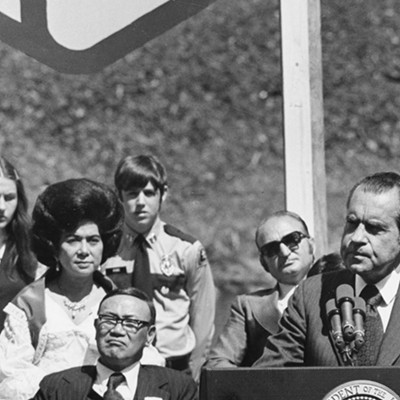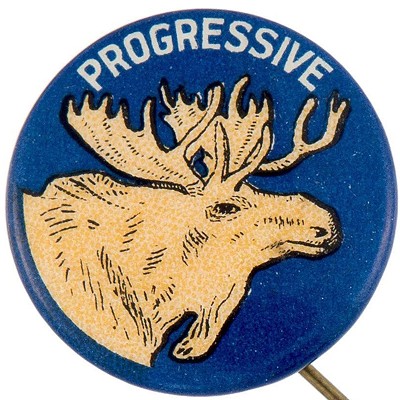Avista CEO Scott Morris, a Gonzaga University graduate, was recently recognized as an exemplary leader by GU's new School of Leadership Studies. He delivered a keynote address to a large dinner of assembled guests, with a timely message — appropriately self-deprecating, but also instructive. The leadership lessons delivered were appreciated by all.
It's appropriate for Gonzaga University to create a dedicated School of Leadership. GU President Thayne McCullough delivered thoughtful and insightful remarks supporting the new school, asserting that successful leadership requires tenacity and humility, especially as today's troubled times call for greater leadership worldwide.
Morris' remarks focused on his many years of service to Avista, oftentimes diminishing his substantial personal qualities in favor of lessons he learned from many who were not "in charge" of the departments he led as he rose through Avista's ranks to his current CEO position. Humorous and insightful, his remarks gave credit to the twin qualities of humility and emotional connections with others. He correctly asserted that effective leaders must balance their EQ with IQ (emotional quotient with intelligence quotient). It's not enough just to be smart about one's job and able to have the intellectual capacity to perform it; personal connections to co-workers are also necessary, including the ability to sincerely apologize to co-workers for leadership failures.
Effective leadership requires "follower-ship," too. One must have the ability to listen effectively and follow instincts that call for decision making in the best interests of any organization. One must be always be forward thinking, able, as Dr. McCullough stated, to "see around a corner" to the next level where one wants to lead an organization.
Leadership can be difficult if one lacks either the EQ or IQ called for by any leadership position. Congressional leaders today are often conflicted by their public responsibilities and their private desires. They often lack either the IQ or the EQ required for effective public service. To date some 42 Republican and 18 Democratic lawmakers are calling it quits this year, many disgusted with the state of national politics. When answering whether certain leaders would ever consider public service, most declare their disinterest in public service. That's too bad, because the public needs the best representation possible. Yet most are turned off by the prospect of elective public service because of the scrutiny one receives and the disruption to life that public service demands.
Empathy must be balanced with the power of persuasion in any leadership position, but particularly in public leadership positions. A leader must balance the public's interest with one's own ambitions to benefit the public through policy objectives. If a leader doesn't listen to public concerns, recognizing that not every citizen will be satisfied with decisions made, leadership isn't effective. If the leader's philosophy is at odds with the public's, the leader will likely fail. Likewise, the effective public official should be able to persuade the voting public to his or her vision. Mahatma Gandhi once said, "There go my people. I am their leader, so I must follow them."
Good leaders must also possess personal traits that inspire their followers. Honor and integrity, the ability to inspire others, commitment and passion for a cause, communication skills that allow a leader to transmit the leader's vision, the ability to make important decisions that implement a vision, accountability for decisions made, innate intelligence, the ability to delegate and empower others and the ability to be innovative and creative are all personal qualities that most good leaders possess.
Also necessary for good leadership is the ability to apologize for poor decisions. That kind of accountability requires taking personal responsibility, not offering some pro forma apology. A genuine, heartfelt apology illustrates to others a capacity for self-sacrifice — that the leader is human and can make mistakes.
Good leaders must also be self-sacrificial — able to make decisions that may be against their personal interest, but in the public's or organization's best interests. When leaders make decisions for the greater good, followers soon learn that leaders are in public service for "the right reason."
The Scott Morris story is a Cinderella story that has come to life in Spokane — a homegrown leader following in the Avista tradition of selecting high-quality individuals to manage its quasi-public funds effectively.
Morris received the GU recognition, amid the Leadership School's opening, because he represents the type of leader the school is designed to foster — thoughtful, humble, respectful, qualified, deserving, visionary, emulated and respected. ♦


















